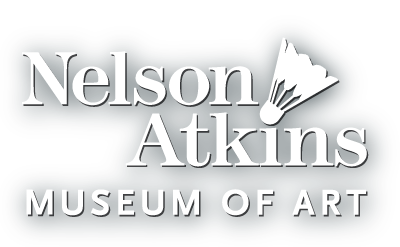Man's Shirt
CultureCrow or possibly Nez Perce
Dateca. 1865
MediumNative leather, pigment, glass beads, feathers, fur, hair, wool, and sinew
DimensionsMaximum: 47 1/2 × 66 1/2 inches (120.65 × 168.91 cm)
Credit LineLent by Ed and Judy Benson
Object number8.2007.1
On View
On viewGallery Location
Gallery Label- 208
This shirt was originally worn by a man of military distinction and political stature. Garments of this type are commonly called scalp shirts because of the fringe of human hair. The hair locks were symbolic of the shirt-wearer's brave deeds, and, with some tribes, they might represent the people of the tribe for whom the shirt-wearer was responsible. The garment is constructed of two deer skins in such a way that the legs of the animals remain visible, reflecting the Plains principle of minimally altering the natural shape of hides used for clothing. The beadwork, known as Transmontane style, developed among the Crow of Montana and Eastern Plateau groups as a result of trade and cultural exchange.
Information about a particular artwork or image, including provenance information,
is based upon historic information and may not be currently accurate or complete.
Research on artwork and images is an ongoing process, and the information about a
particular artwork or image may not reflect the most current information available to the Museum.
If you notice a mistake or have additional information about a particular artwork or image,
please e-mail provenance@nelson-atkins.org.














